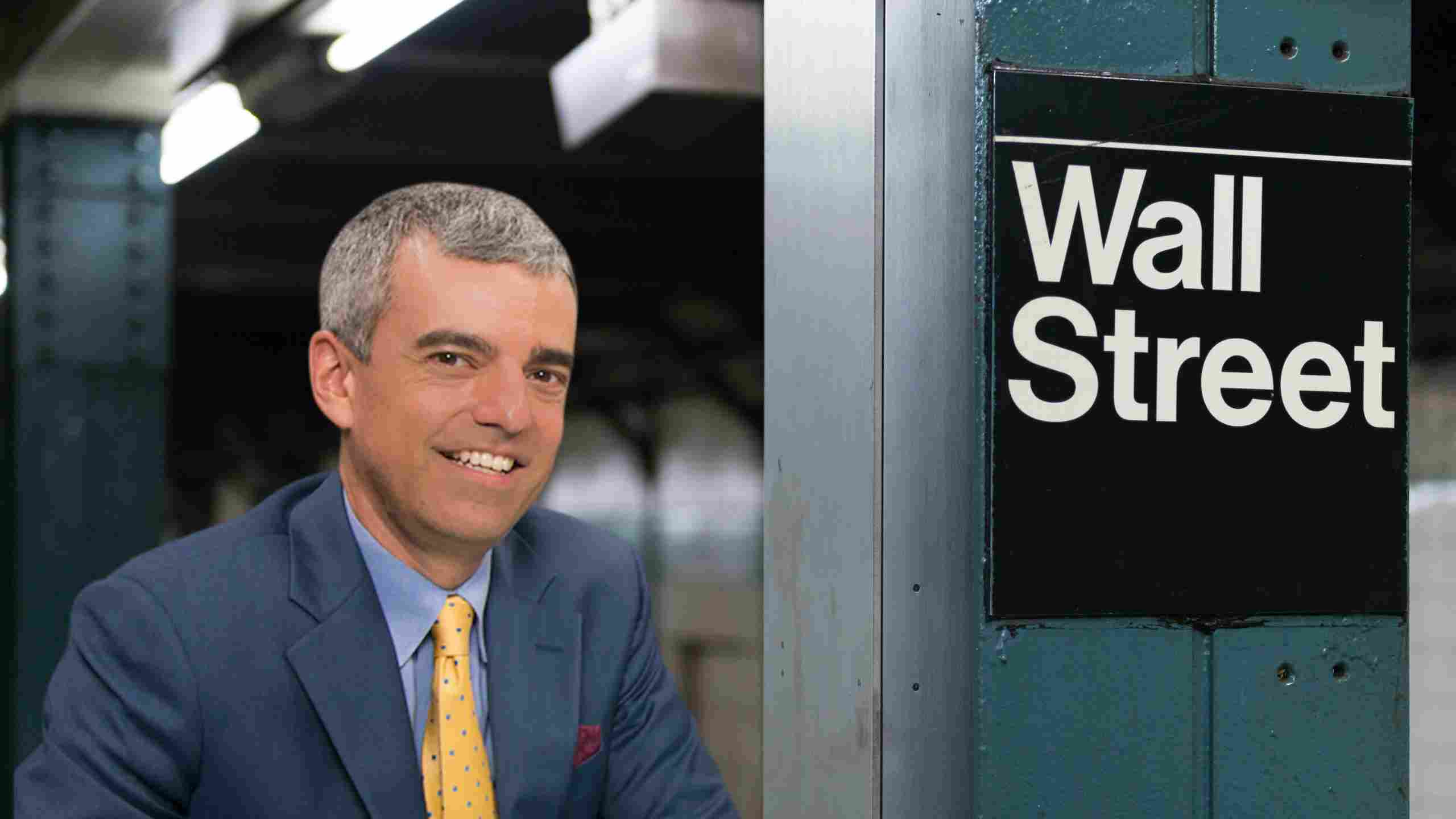The Venture Mindset by Ilya Strebulaev and Alex Dang reads fast and reminds me a little of Kahneman, Munger, and books about Buffett. In this episode, we discuss some of the big ideas with both authors, including roof shots vs. moonshots, betting on jockeys vs. horses, winning at the piggy bank game, and what we can learn from student VC partnerships. We also learn about colleganza, vervet monkeys, and the escalation of commitment.
Episode Highlights
- It’s a book that applies to small business owners, too.
- A shoutout to Dr. Stephen Wilbers of The Keys to Great Writing.
- The deep thinking in student VC partnerships.
- Betting on the jockey vs. the horse and what we can learn from the Glitch story.
- From vervet monkeys to Ilya’s new term, Lekkerism.
- Incentives that drive behaviors.
- 10x or 100x home runs, and why strikeouts still matter.
- The issue with the James McNerney GE playbook.
- The reason why VCs are generally in the red after investment number two.
- The reason VCs turned down Theranos.
The authors present nine distinct principles that will help leaders make better decisions, transform businesses, and achieve remarkable results, regardless of the industry.
Selected Quotes From The Venture Mindset
Note: all page citations are from the Kindle version.
Of every twenty startups, usually only one will become a runaway success story, providing a 10X or even a 100X return to VC investors. This one 100X success will more than cover all the failures. VCs live and breathe for these home runs. This is why home runs matter for VCs and strikeouts don’t.
Page 6
Google, under Eric Schmidt’s leadership, even set up a rule of thumb: the split among these three types of projects should be 70/20/10, with at least 10 percent of the time and effort being deployed to truly moonshot initiatives.
Page 25
On average, sharks ask a dozen or so questions before making a decision. The same pattern happens again and again. Investors drill down and ask questions until they identify a weak spot they consider a red flag. They often start with general questions, and if founders survive that initial set of queries, the sharks progress to more company-specific questions.
Page 74
A great jockey cannot make a slow horse win, but a bad jockey can get a great horse beat.
Page 122
The only way to make outsized returns in Venture Capital is to be right and non-consensus …
Page 158
Our human nature resists reversing course and cutting our losses, even in life-or-death situations—and especially if we think we are so close to being on top of the world.
The single biggest difference between inexperienced players and pros is that inexperienced players don’t fold frequently enough.
Page 187
“In the whaling business they paid no wages,” says Ishmael in Herman Melville’s Moby-Dick, “but all hands, including the captain, received certain shares of the profits called lays.” All hands took the risk, all hands exerted the effort, and all hands shared the profit.
Page 209
Books Mentioned
- Keys to Great Writing by Wilbers
- Bad Blood by Carreyrou
- The GE Workout by Ulrich
- Writing on the Wall: Social Media – The First 2,000 Years by Standage
- Thinking, Fast and Slow by Kahneman
- Zero to One: Notes on Startups, or How to Build the Future by Thiel
About the Authors
Professor Ilya Strebulaev is an expert in corporate finance, venture capital and private equity, corporate innovation, innovation ecosystems, and financial decision-making. His recent work has examined the valuation of VC-backed companies, decision making by venture capital and private equity investors, corporate venture capital, , and impact of venture capital. Professor Strebulaev’s work has been widely published in leading academic journals and has been awarded several prestigious awards. His research has also been featured in various media, including the New York Times, the Wall Street Journal, and Harvard Business Review.
Alex Dang helps organizations identify new growth engines, launch digital ventures, and embrace digital native company practices. At Amazon, he designed and launched new ventures across numerous verticals (ecommerce, marketplace, AWS AI Devices). As a Partner at McKinsey and EY, Alex helped clients build new businesses and develop technology capabilities. As a CEO, he built a platform for cancer patients and has been an advisor to Alzheimer’s disease startup Nuravax.
Episode Pairings





Leave a Reply